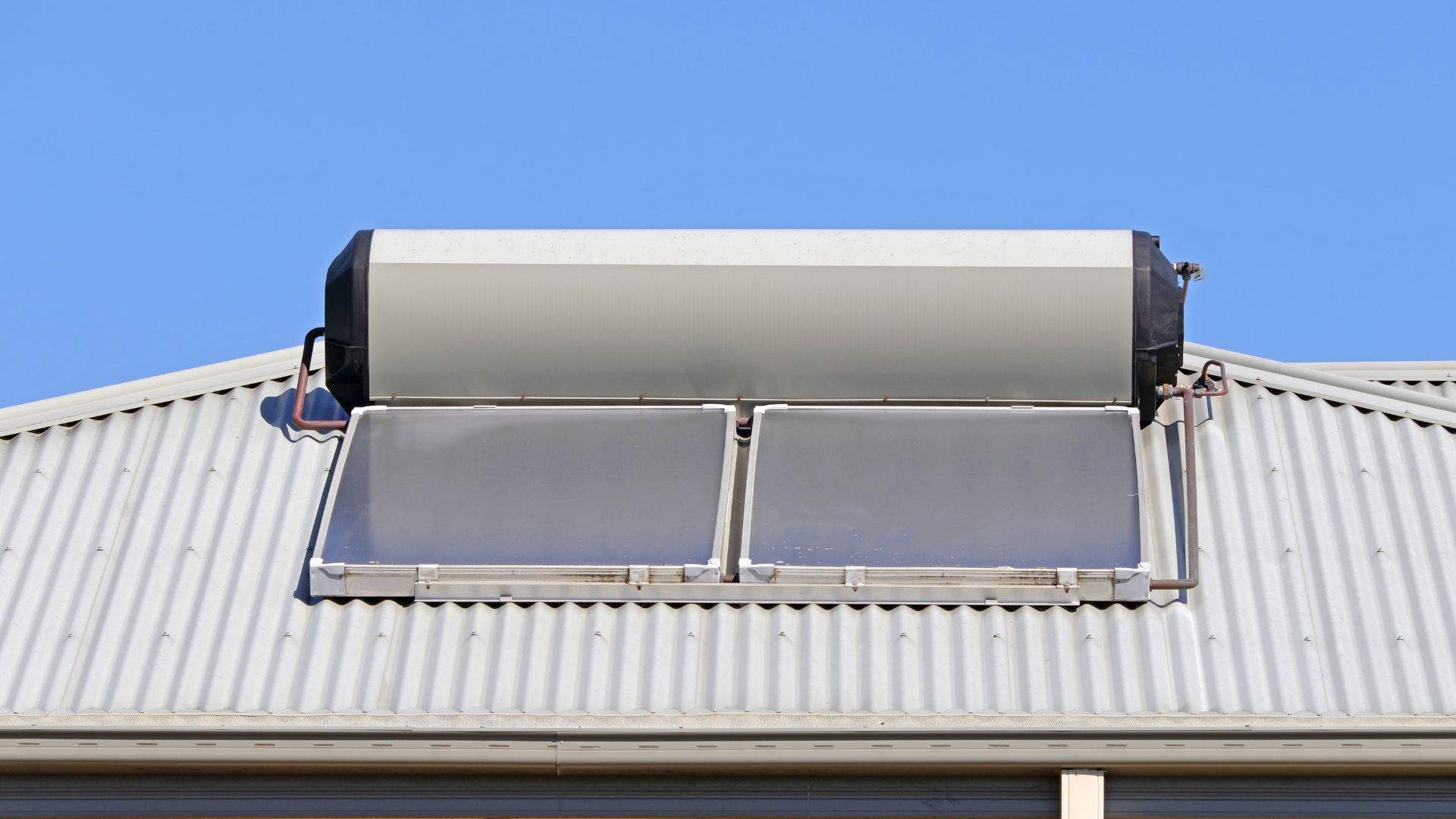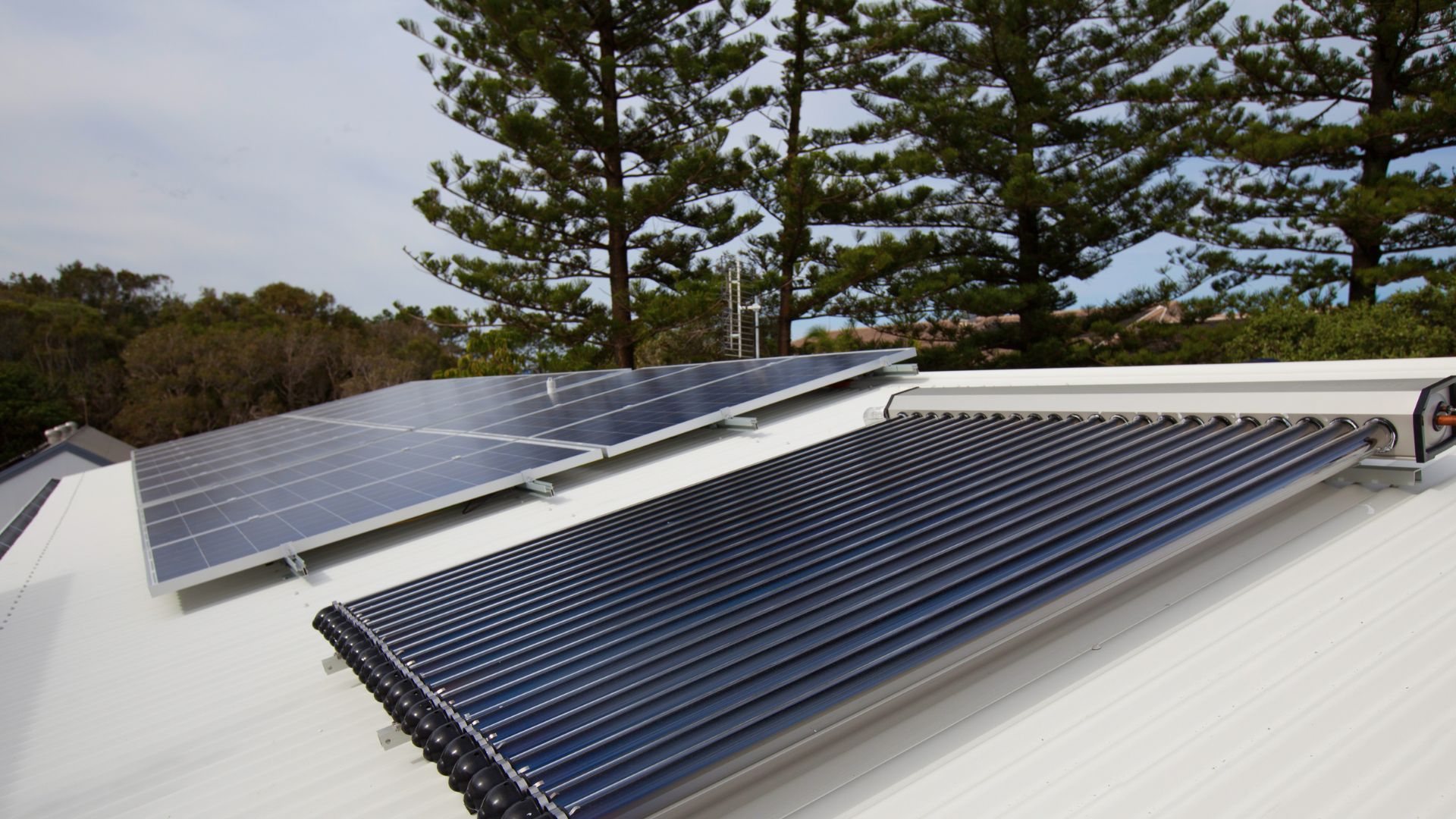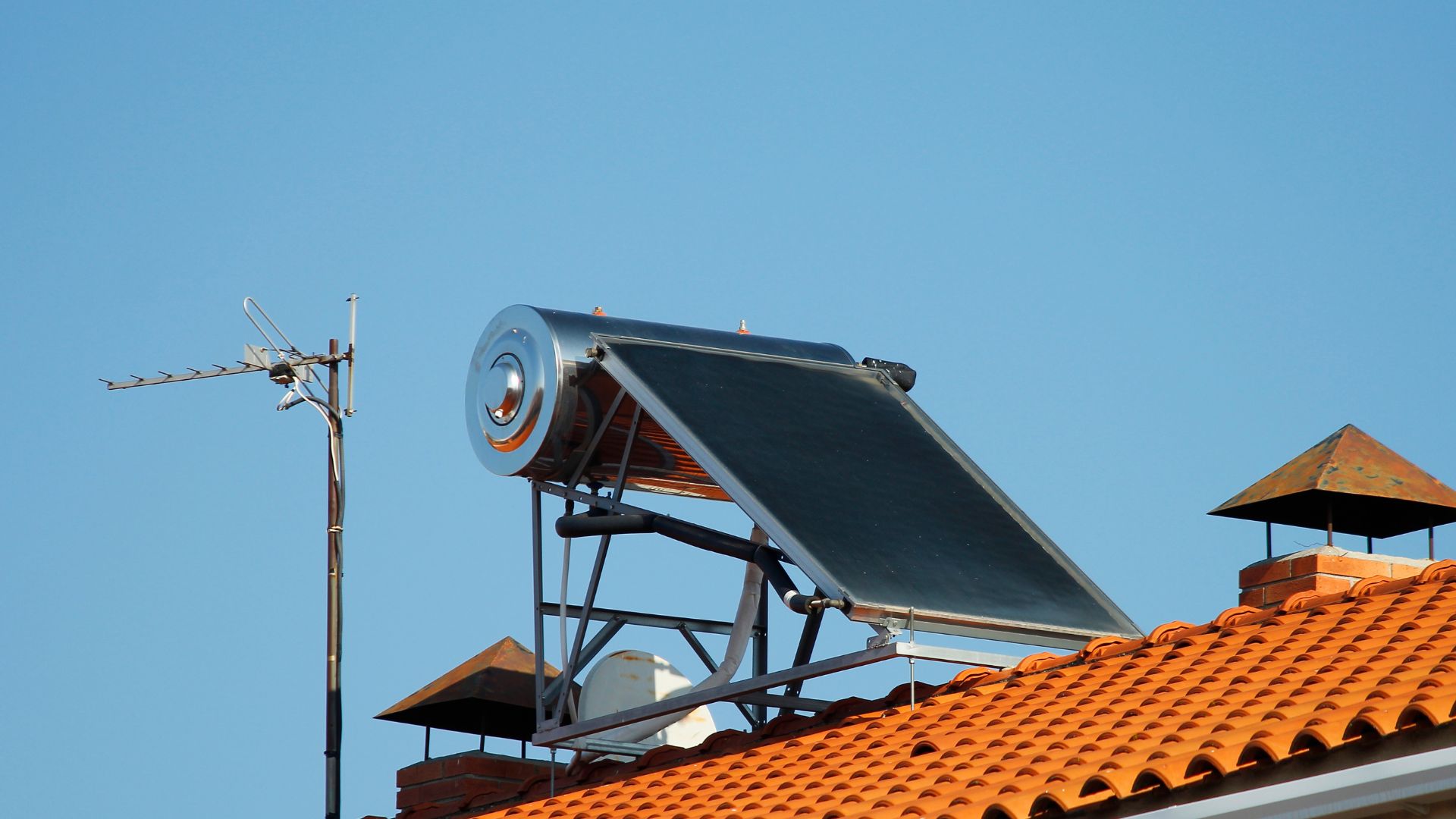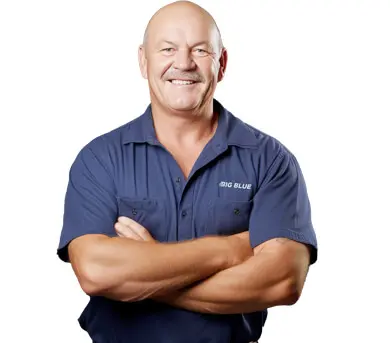As of June 2022, there were over 1.44 million solar and heat pump water heaters installed in Australian homes, a clear indication of just how popular solar hot water systems have become. These systems offer a more sustainable way to meet a home’s hot water demand, lowering energy consumption and saving on bills. But when your solar hot water suddenly runs cold, it can throw your whole routine out of balance.
Solar water heating systems are built for system efficiency, but like any other technology, they’re not immune to faults. From issues with solar collectors to blocked pipes and worn-out electrical components, there are several reasons your solar water heating system might not be functioning properly.
Let’s break down how the system works, the common problems, and what you can do to keep your hot water supply running smoothly.
How a Solar Hot Water System Works
A typical solar hot water heater includes four main system components: solar panels (also known as solar collectors), a storage tank, a circulating pump, and a booster (which may be electric or gas). Together, they harness the sun’s rays to heat water for your household needs.
Here’s how it works. The solar collectors absorb solar power and warm a heating fluid, usually a mix of water and antifreeze.

This heat transfer fluid moves through pipes using a circulating pump, carrying heat to a heat exchanger located in the insulated storage tank. The heat exchanger then transfers the warmth to your cold water, effectively heating it up and storing it for later use.
Think of it like charging a battery using the sun’s energy, then drawing on that battery whenever you need a shower, wash dishes, or do laundry.
Some systems use a boost switch that activates an auxiliary heating element or gas booster when there isn’t enough solar energy, helpful during winter or on cloudy days. Knowing how your solar water heater operates helps you spot when things aren’t functioning correctly, so you can address issues quickly.
Common Reasons Your Solar Hot Water System Isn’t Heating
When your hot water system starts playing up, it could be due to a number of things. Below are the most common culprits behind poor performance in solar hot water systems.
Lack of Sunlight
During winter or extended cloudy periods, your solar hot water panels might not receive enough heat from the sun’s rays. Even shaded roofs, bird droppings, or nearby trees can block sunlight, impacting your system’s ability to heat effectively.
Dirty or Damaged Panels
If solar panels are covered in grime, sediment build-up, or soapy water residue from cleaning, the heat source can’t penetrate efficiently. Physical damage like cracks or scratches also reduces heat absorption.
Circulating Pump Problems
A faulty circulating pump means the heating fluid isn’t moving through the system. Without proper heat transfer, your water tank remains cold. Air trapped in the system can also restrict flow.
Thermostat and Booster Issues
If the thermostat settings are wrong or the boost switch isn’t working, the booster won’t kick in when needed. That leaves you with lukewarm or cold water, especially on overcast days.
Leaks and Blockages
Leaks in pipes or control systems, pressure relief valves, and valves affected by thermal expansion can affect normal operation. Sediment buildup or corrosion in the pipes also limits water flow, lowering water temperature.
Electrical and Sensor Faults
Electrical connections, sensor failures, and damaged electrical components can stop the entire system from functioning correctly. Faulty control systems might not even tell the booster to switch on.
When problems with solar hot water arise, it’s rarely just one thing—it’s a chain reaction. Understanding each part can help identify the cause more quickly.
Signs Something is Wrong

Your solar water heating should deliver steady, reliable hot water. If you notice any of these signs, something may not be working properly:
- Lukewarm or cold water when it should be hot
- Hot water runs out faster than usual
- Strange noises from the water heater or circulating pump
- An unexplained spike in your energy consumption
- Drops in water pressure during hot water usage patterns
These warning signs often point to underlying issues with system components like the heating element, storage tank, or solar collectors. Ignoring them can lead to bigger, more expensive problems. Catching faults early helps maintain system efficiency and reduces the need for major repairs.
Is the Issue Seasonal or a System Fault?
It’s normal for solar water heaters to perform slightly differently depending on the season. In colder months or during stretches of rainy weather, your solar hot water system might struggle to gather enough solar energy. But your heating system should be built with booster support to handle those dips.
Temporary weather-related drops in water temperature are one thing, but if your hot water supply is constantly unreliable, it could signal a bigger issue. Look for long-term changes, like needing the boost switch more often or running out of hot water daily.
A well-functioning solar hot water system should adjust to seasonal changes without needing constant help. If it doesn’t, there may be faults in the existing system, like blocked solar collectors, sensor issues, or thermostat malfunctions that are limiting the system’s performance.
DIY Checks Before Calling a Professional
Before calling in a plumber, there are a few safe checks you can make yourself.
Start with the solar panels. Make sure they’re clean and free from bird droppings, leaves, or other debris that can block sunlight. Use a gentle wash—avoid soapy water and never climb on the roof.
Inspect around the storage tank and pipes for any signs of system leaks or moisture. Drips, rust marks, or bulges could mean that pressure relief valves or connections need attention.
Check the boost switch and electrical connections to ensure they’re turned on and the system is receiving power. Review your thermostat settings—sometimes they can be accidentally bumped.
Look at your water supply to make sure there’s no obvious interruption. Keep an eye out for any signs of thermal expansion, like bulging pipes or valves spitting water.
Never try to open the water tank or fiddle with electrical components, heating fluid, or pressurised parts. These require professional tools and training.
While these checks are helpful, they won’t always catch deeper issues like sensor failures, control system faults, or internal sediment buildup. If everything looks fine but your solar hot water still isn’t working, it’s time to call in a licensed expert.
When to Call a Solar Hot Water Specialist
Some issues need more than a quick fix. If your solar water heater consistently delivers lukewarm or cold water, or if the boost switch and thermostat don’t seem to help, you’re better off contacting a qualified specialist.

Problems with the circulating pump, electrical components, or heat exchanger often go unnoticed until the system efficiency takes a dive. Ignoring these can lead to heat loss, higher energy bills, and eventually, complete system failure.
Look for a plumber with specific experience in solar hot water systems, not just standard hot water heaters. Ask about solar certification, licensing, and experience with solar heaters, control systems, and thermal expansion risks.
The sooner you act, the more likely you are to avoid full system replacements or escalating repair costs.
How to Maintain Your System for Better Performance
Regular upkeep keeps your solar water heating system in good shape and extends its lifespan.
Clean your solar hot water panels every 6–12 months to remove grime, sediment buildup, and anything that could block sunlight. Trim trees nearby to avoid shading your solar collectors.
Schedule a professional inspection every 2–3 years. A full service includes checking the heating element, electrical components, pressure relief valves, and ensuring the control systems and thermostat settings are functioning correctly.
If your property has hard water, consider installing a liquid softener to reduce sediment buildup and prolong your water heater’s life.
Monitor hot water usage patterns and keep track of changes in water temperature, noise, or water pressure—these can hint at a hidden issue.
Regular maintenance goes a long way in maintaining a reliable hot water source.
Stay Warm, Stay Efficient
Solar hot water systems are a smart investment. When they’re functioning properly, they slash your energy consumption and give you peace of mind. But like any heating system, they need attention when things go off track.
Spotting issues early—like lukewarm or cold water, low system efficiency, or changes in hot water usage patterns—means fewer headaches and a lower chance of costly repairs. Keeping your solar water heater in good shape comes down to regular checks and timely servicing.
If your hot water system is underperforming or showing signs of wear, it’s best not to wait. The team at Big Blue Plumbing has the tools, experience, and know-how to get your solar hot water back to functioning correctly.
Need help? Contact Big Blue Plumbing today for prompt, professional help with your solar water heating needs across South East Queensland. Cold showers should never be a daily surprise.



